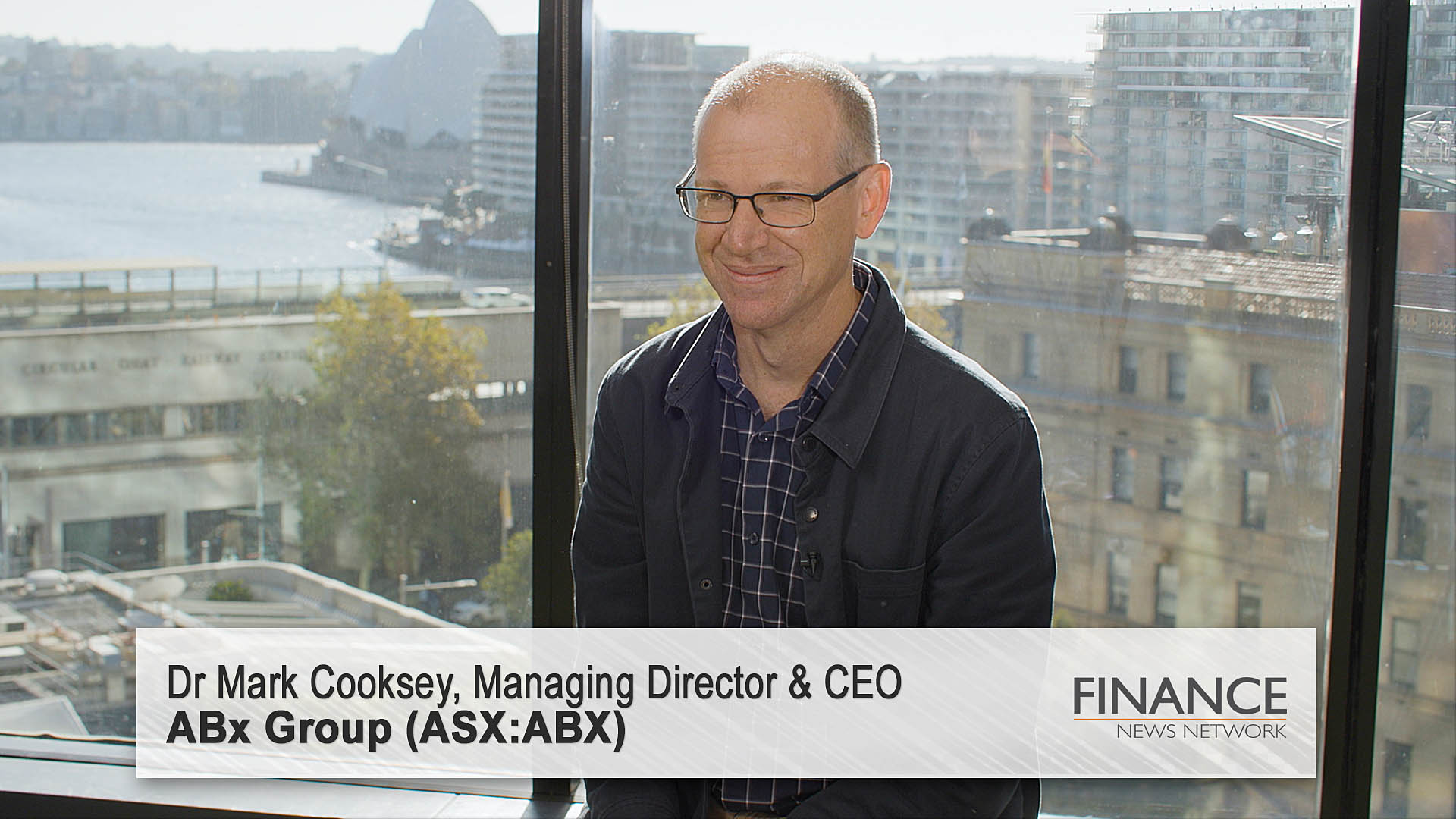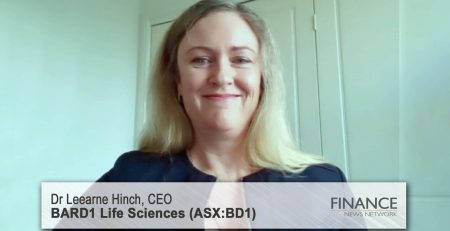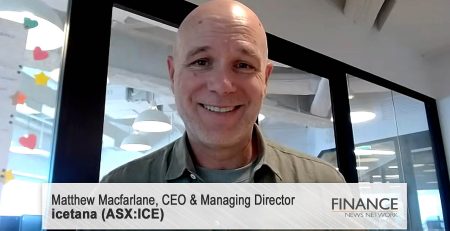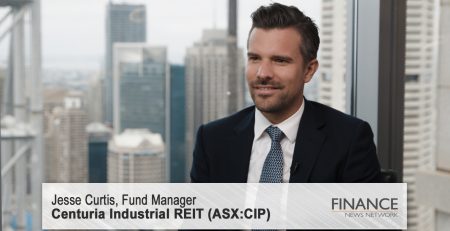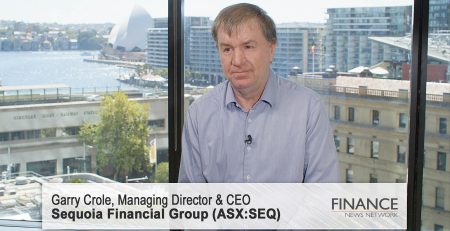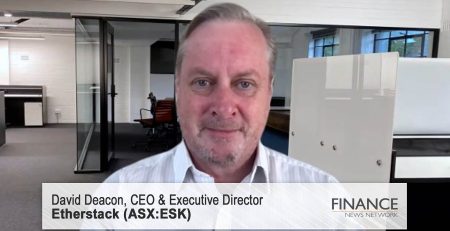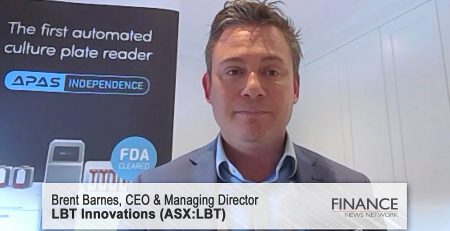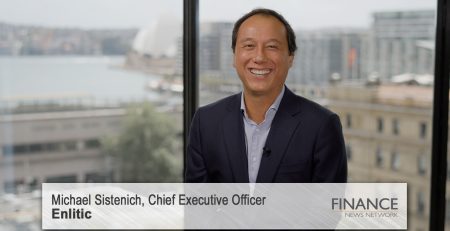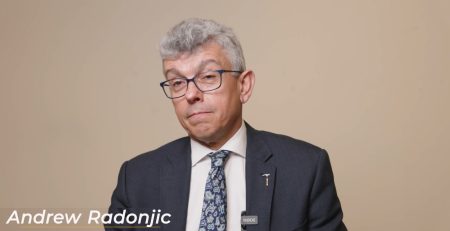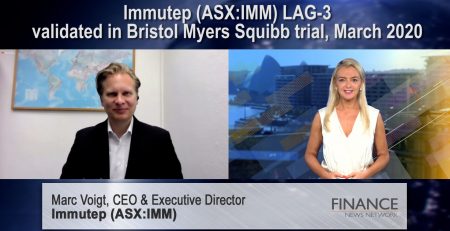ABx Group (ASX:ABX) announces 50% upgrade to rare earths project
ABx Group Limited (ASX:ABX) CEO and Managing Director Dr Mark Cooksey discusses the advantages of ionic clay rare earths deposits, the company's exploration program, its plays for a scoping study and a pilot plant, and its new process to develop fluorine from aluminium smelting waste.
Tim McGowen: We're talking with ABx (ASX:ABX) today. It's got a market cap of $24m. We're joined by Dr Mark Cooksey. Mark, thanks for your time. Welcome to Sydney.
Dr Mark Cooksey: Great. Thank you. Nice to be here.
Tim McGowen: Now, for those who don't know ABx Group, can you tell us a little bit about the company?
Dr Mark Cooksey: Yeah, sure. So, we started just over 10 years ago as Australian Bauxite, exploring for bauxite. That's spawned two new opportunities, which are now the main focus of the company, one being rare earths exploration in Tasmania around our bauxite resources there, and the second is developing a new process to produce aluminium fluoride, which is an industrial chemical, from a waste from the aluminium smelting process.
Tim McGowen: Mark, you announced this week a major upgrade to your mineral resource estimate at Deep Leads rare earths project, which is based in Tasmania, which you mentioned. Can you tell us a little bit about the ionic absorption clay rare earths deposits and why they're different from other rare earths deposits?
Dr Mark Cooksey: Yeah, sure. They're really interesting. So, most… Like Lynas (ASX:LYC), for example, has a big hard rock deposit in Western Australia. But the hard rock deposits tend to produce mainly light rare earths, and we also need heavy rare earths for things like permanent magnets, and they're best found in ionic clay deposits. Now, currently, they are only exploited in southern China. So, in Australia and around the world, other people are looking. And what it looks like, actually, is, you can find clays with rare earths in them, but to find the true ionic clay projects is very rare, and we have one, which is very exciting.
Tim McGowen: And does that make the production process easier because it is in that clay?
Dr Mark Cooksey: Yeah, it's the ionic clay that's important because, although the grade is lower than a hard rock deposit, the processing cost can be very low because you just need quite a neutral salt solution to extract the rare earths rather than an aggressive acid or caustic situation. But that only works if you have an ionic clay. If you have a clay with rare earth, but it's not ionic, it's probably not going to be a low production cost.
Tim McGowen: And, Mark, can you tell us a little bit more about the exploration program that you've got planned for the rest of this year?
Dr Mark Cooksey: Yeah, so, as you mentioned, we announced up to 21 million tonnes this week. That's based on 18 per cent of our known prospect area. So, there's a clear line of sight to grow that over the remainder of the year. And, in addition to that, we have other leases that we've applied for that we think are equally prospective. So, yeah, a clear trajectory to growing that resource over the coming 6 to 12 months.
Tim McGowen: Now, your resource estimate is up around 21 million tonnes, as you said. Is it time to do a scoping study, or are you looking to build out that deposit?
Dr Mark Cooksey: Yeah, that's a really good point. Actually, yes, we are very strongly considering going to a scoping study. I mean, the thing about the rare earths market is it's not that large. So, you don't need, necessarily, a massive resource. You want to find a resource that's big enough, and then it's about making sure that it's profitable. And that's where the scoping study comes in. So, over the last 12 months, we've been focused on drilling and metallurgy, and we need to keep doing both and then add the scoping study to that.
Tim McGowen: And now, talking about your ALCORE refining technology — you touched on that earlier — can you talk us through the path to commerciality for ALCORE?
Dr Mark Cooksey: Yeah, so it's… It's just an amazing, to my mind, strategic opportunity where we have a chemical that is absolutely essential to make aluminium metal. You can't operate an aluminium smelter without it. We don't make it in Australia. We're totally reliant on imports. So, a great opportunity to make it here, but it's expensive because fluorine is an expensive element. But we've identified a waste from the aluminium smelting process that's becoming a problem that has lots of fluorine in it. And we've developed a process to take that waste and turn it back into a chemical that the smelters need. So, it's a great little example of the circular economy.
To develop a new process, it's all about scale up. So, we've done it in the laboratory and shown that, in principle, the process works. We can get hydrogen fluoride out of this waste, and we can make aluminium fluoride out of it. Now we need to show that it works in an engineering sense. So, what reactor design are you going to use? How do you make sure you can get materials into and out of the system? And so, this year — well, right now — we're finalising the design of quite a significant pilot plant that will process 20kg an hour of this waste material. That will be at our facility on the central coast of New South Wales. So, we will be constructing that this year and commissioning it early next year.
Tim McGowen: Dr Mark Cooksey, thanks for your time.
Dr Mark Cooksey: Thank you.
Ends
Copyright 2023 – Finance News Network
Source: Finance News Network

